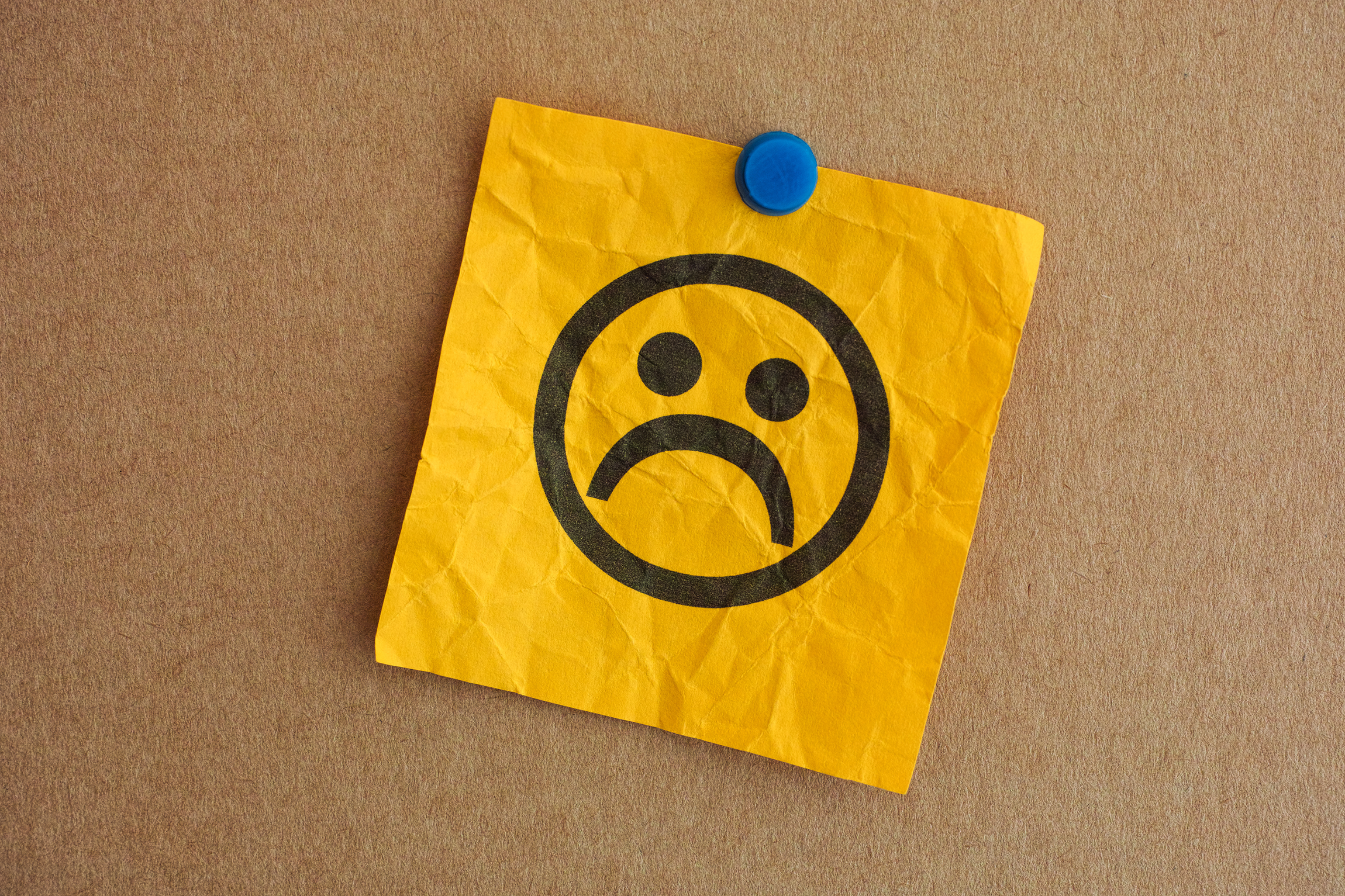The OIA has published a new section of the Good Practice Framework: Disciplinary procedures.

The guidance is drawn from the OIA’s broad experience of handling complaints, and was put together in consultation with the Good Practice Framework Steering Group.
The Disciplinary procedures section gives good practice guidance for providers in designing disciplinary procedures and in handling individual cases. It covers:
- academic disciplinary procedures, for dealing with academic misconduct such as plagiarism, contract cheating, cheating in examinations or formal assessments, falsifying data, breaching research or ethics policies, and collusion; and
- non-academic disciplinary procedures, for dealing with misconduct such as antisocial, abusive or threatening behaviour, sexual misconduct, violence, harassment, hate crimes, behaviour likely to bring the provider into disrepute, damage to property or abuse of facilities, causing a health or safety concern, and other behaviour that might also be a criminal offence.
The draft guidance was published for consultation in June 2018 and submissions were received from providers, student representative bodies, and other higher education bodies, stakeholders and interest groups. The final version incorporates many of the very helpful suggestions we received.
Felicity Mitchell, Independent Adjudicator, said:
“Our vision is that students are always treated fairly. A core part of our work is to share learning from complaints with higher education providers, student representative bodies and others, to help improve policies and practices. The Good Practice Framework continues to be a cornerstone of this work.
Last year about 7% of the complaints we received were about academic or non-academic disciplinary matters. Those complaints represent a very small proportion of the disciplinary cases that higher education providers are dealing with, but there is much to learn from them.
We are very grateful to all of those who contributed to the development of this section. It has been eagerly anticipated and this reflects a degree of anxiety in the sector around how best to deal with what can be complex, controversial and highly sensitive cases.”
The guidance will inform the way that the OIA considers complaints relating to disciplinary matters from the 2019/20 academic year.
ENDS
Notes to Editors
- For further information please contact Sarah Liddell, Head of Leadership Office, mediarelations@oiahe.org.uk, 0118 959 9813.
The Office of the Independent Adjudicator for Higher Education (OIA) is the independent student complaints ombudsman for higher education in England and Wales. It is the designated operator of the student complaints’ scheme under the Higher Education Act 2004. - The Disciplinary procedures section is the fourth section of the Good Practice Framework, which provides operational guidance to support higher education providers in England and Wales. The Framework sets out overriding principles including accessibility, fairness and timeliness. The other sections are: Handling student complaints and academic appeals, Supporting disabled students, and Delivering learning opportunities with others. Further information can be found on our website.
- The Good Practice Framework is one element of the OIA’s good practice work. We also provide guidance through a range of webinars, podcasts, workshops and visits. Learn more about our upcoming outreach programme.
